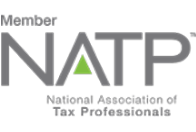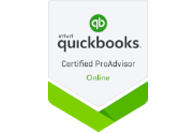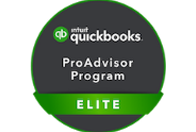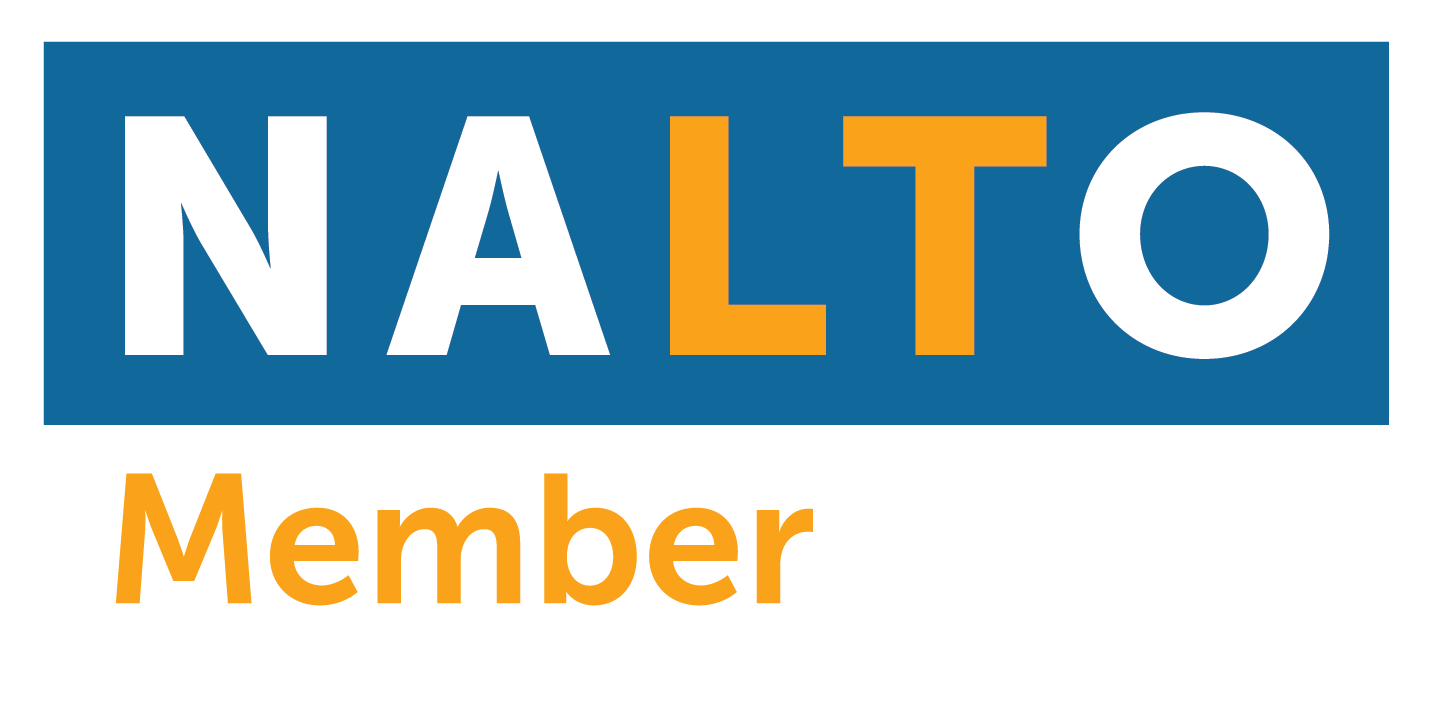Most of us think that our homes and cars are our most valuable assets, which is why we get insurance for these. However, our most important asset is not among these material things but in our ability to earn income for our living.
Imagine this: you are at the height of your career, pursuing your dreams, and then, unexpectedly, an unforeseen illness strikes that makes working impossible. Suddenly, your savings for a long-planned vacation, the fund for your child’s education, even your emergency fund (if you have one) are now being used to pay the monthly bills and utilities. Worst case scenario is that you don’t have any savings at all! How will you fund your daily expenses and support your family?
This is where disability insurance steps in. It is a form of protection for you and your loved ones from the financial difficulties of losing one’s income as caused by a disability.
What is Disability Insurance?
Disability insurance is a type of coverage that replaces a portion of your income if you suffer an illness or disability and are unable to work. It is not a medical insurance that pays for your hospital bills but an income insurance that safeguards your finances if a prolonged illness or disability prevents you from working.
Disability: Common Causes and Probability
When you hear the term disability, you’d probably think of it being caused by accidents at work, right? Yes, the chances for these things to happen are probably low especially if you have a desk job. But the data might surprise you as to the main culprits of disabilities in America.
According to the Council for Disability Awareness, the most common reasons for long-term disability claims are illnesses like cancer, heart attack, diabetes, and mental health. While pregnancies, injuries, and digestive disorders are the common reasons for short-term disability claims, the number one reason for disability claims is Musculoskeletal disorders which includes arthritis, back pain, spine/joint disorders, etc.
Based on the 2020 report by the Social Security Administration (SSA), the probability of becoming disabled from age 20 until retirement age is 25 percent (or 1 in every 4 workers). Disabilities can occur to anyone at any time.
Other Benefits of Disability Insurance
Aside from income replacement, in case you are unable to work due to disability, there are several other benefits a disability insurance can give you.
- Helps cover medical expenses and rehabilitation. Disabilities often require treatments, medical care and/or therapy to help you get back to work. The benefits from the disability insurance can help pay for such expenses.
- Protects your savings and retirement funds. Your life savings won’t be depleted prematurely if you have disability insurance as an alternative source of income.
- Supplements employer coverage. Personal disability insurance can ensure comprehensive coverage that you may tailor according to your needs. This is an addition to an employer-sponsored disability insurance which may have limited or insufficient protection.
- Coverage beyond employment. Your personal disability insurance covers you wherever you go if you pay its required premium, while an employer-paid disability insurance ends once you quit your job.
- Faster fund availability. The federal government through Social Security and some states offer disability programs to workers but they usually have longer waiting period and stricter approval process. According to SSA, an initial decision usually takes 3 to 5 months from the time the Social Security Disability Insurance (SSDI) is filed and only 32 percent of SSDI claimants had their applications approved from year 2009 to 2018.
Types of Disability Insurance
Having knowledge about the types of disability insurance is essential before selecting a policy to help you assess their coverage options based on your specific needs.
Short-Term Disability Insurance. This provides benefits for a limited period, usually between 3 to 6 months. But this has shorter waiting period, also known as the elimination period, such as 2 weeks from the time you become disabled and before the benefits are paid. Some companies provide this type of insurance as an employee benefit.
Long-Term Disability Insurance. This can pay benefits for an extended period or even until retirement age, depending on the policy. But this usually has a longer waiting period, commonly 90 days. A higher payment premium can be expected for this type of policy since it provides a longer benefit period.
You can apply for both short-term and long-term disability insurance if you need both. The short-term coverage can act as a financial bridge while waiting for the elimination period of your long-term insurance to lapse and start receiving your long-term benefits.
Disability as may be Defined in a Policy
Each insurance company and policy have their own definition of disability. This is an essential feature of disability insurance as it determines when benefits shall be paid. Some policies will even provide a percentage of your benefits if you have partial disability. Generally, these are the common definition of disability:
Own Occupation. Benefits are paid if you are unable to perform work on your specific or common occupation. This means that you can claim benefits even if you can work in a different field.
Any Occupation. Benefits are paid only if you are unable to work in any occupation that you are suited with based on your education or training.
It is understandable that many will believe that they don’t need a disability insurance. Who wants to think that they will be disabled after all? But its importance should not be dismissed or set aside. Life is full of uncertainties and although we hope for the best, it is also wise to be prepared for the worst. Our income, our most valuable asset, should be protected as much as we protect our cars and our homes. Safeguard your future and your loved ones from the unexpected financial difficulties that can be brought by a disability.
Want to learn more?
You may want to consult and work with 1099 Accountant – We offer online bookkeeping, online advisory services and online tax and accounting services. We offer reasonable rates. We only work with independent contractors, freelancers, and one-person business. We work with locum tenens from California to New York City and everywhere in between. Yes, even Hawaii!
Contact us toll-free (855)529-1099 or make an appointment for a free consultation. https://1099accountant.com/contact/











